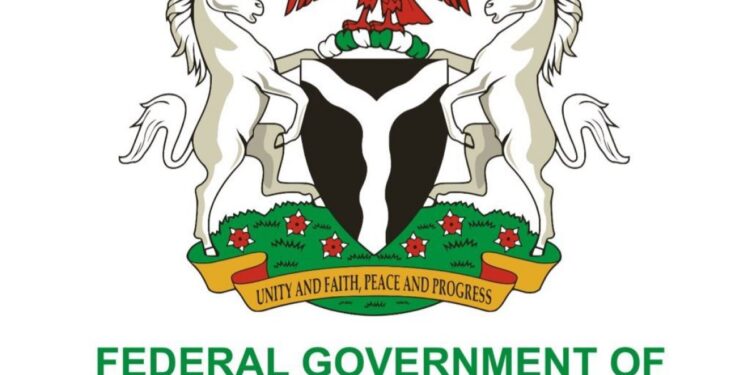Nigeria’s government is taking decisive action to combat the foreign exchange crisis that has been adversely impacting the nation’s economy. The sharp depreciation of the Nigerian naira on both the official and parallel markets has been a cause for concern, exacerbating the cost-of-living challenges faced by businesses and households in Africa’s most populous country.
According to BusinessDay, the Nigerian government is planning to raise $10 billion to alleviate the forex crisis. The funds are expected to be sourced from two main channels:
1. Forward Sales by NNPC: The Nigerian National Petroleum Company Limited (NNPC) is set to contribute a significant portion, approximately $7 billion, through forward sales. These transactions involve selling oil at a predetermined future date, allowing the government to secure a substantial amount of foreign exchange.
2. Qatar’s Soft Credit: The remaining balance of the $10 billion is anticipated to come from Qatar, providing soft credit without stringent conditions.
The plan has garnered attention from financial experts and market analysts, who believe it could have a positive impact on Nigeria’s forex situation. Kelvin Emmanuel, CEO of Dairy Hills Limited, likened the resource-backed loan from Goldman Sachs through NNPC to securities lending. He explained that this approach is feasible and could help stabilize the exchange rate, potentially returning it to the N800 range in the short term.
Emmanuel also pointed out that the Goldman Sachs loan, facilitated through security lending, would offset gas revenues from ventures like WAGPCo and NLNG over an extended period, facilitating repayment.
However, he cautioned that such a move could result in a negative net external reserve, and the unsecured nature of the facility might attract an annual percentage rate of 8 percent. To mitigate these risks, the Central Bank of Nigeria (CBN) might have to use gas sales in forward transactions as collateral, as it manages the oil and gas receipts account for NNPC offshore.
Security lending, a practice employed by central banks worldwide, serves as a means to inject liquidity into the market or enhance returns. According to Michael Saunders of BNP Paribas Securities Services, central banks often utilize security lending for opportunistic lending or trading, especially when addressing currency shortages. However, he emphasized the importance of responsible use of this financial instrument to prevent inflation and other potential issues.
The chronic dollar shortages in Nigeria have persisted, mainly due to foreign investors exiting local assets during periods of low oil prices. The return of these investors and the resolution of outstanding demands for dollars remain crucial to stabilizing the forex situation.
Wale Edun, the Minister of Finance, revealed that there is a promising outlook for the influx of $10 billion worth of foreign exchange in the relatively near future. President Bola Tinubu recently signed two executive orders to encourage the issuance of foreign currency instruments domestically and bring all cash outside the banking system into formal financial channels.
Edun and the Central Bank Governor reassured the public that forward contracts entered into by the government would be honored, and they pledged to provide clear market guidelines. These measures, along with the influx of funds, are expected to boost foreign-exchange liquidity and address the naira’s devaluation.
President Tinubu’s government is committed to implementing measures to stabilize the currency and improve market transparency, ensuring that domestic entities can issue foreign-exchange instruments. These actions aim to mitigate the ongoing forex crisis and promote economic stability.










